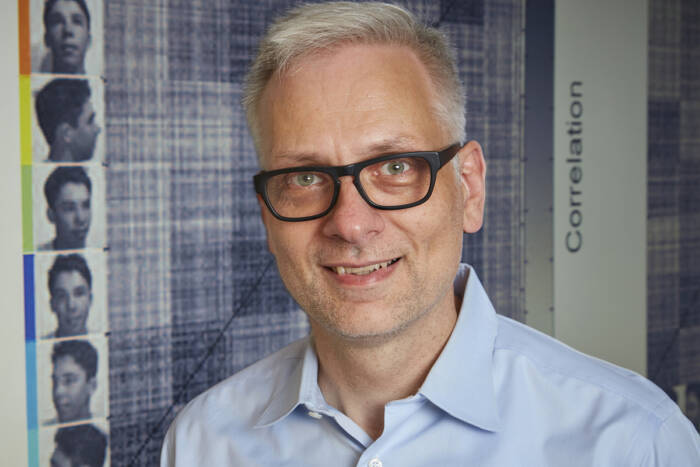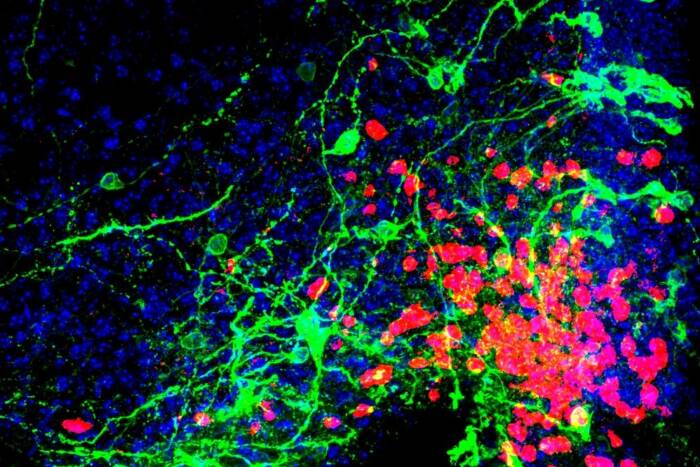Jeffrey Ravetch elected to American Academy of Arts and Sciences
Jeffrey V. Ravetch, an immunologist who studies how cells respond to specific antibodies, has been elected to The American Academy of Arts and Sciences, an independent policy research center that undertakes studies of complex and emerging problems. The academy announced the election this week; Ravetch, head of the Leonard Wagner Laboratory of Molecular Genetics and Immunology, will be inducted into the academy this fall.
Ravetch’s research dissects the cellular and molecular mechanisms that govern the generation of antibody specificity and the translation of that specificity into cellular responses. By identifying the genetic components that cause immune system cells to respond to specific antibodies, Ravetch hopes to gain a better understanding of how a functioning immune system protects organisms from invaders and how a dysfunctional immune system attacks the body’s own tissues.
Ravetch, who is Theresa and Eugene M. Lang Professor at Rockefeller, received the American Association of Immunologists-Huang Foundation Meritorious Career Award in 2005, the Lee C. Howley Sr. Prize for Arthritis Research in 2004 and the Burroughs Wellcome Fund Award in Molecular Parasitology in 1986. He is a member of the National Academy of Sciences and its Institute of Medicine.
“Jeff’s studies have revealed a great deal about antibody specificity and have helped increase our understanding of infectious and autoimmune diseases,” says Rockefeller president Paul Nurse, who joined the academy in 2006. “His election to the academy is well deserved and it reflects the esteem in which he is held by his peers.”
Founded in 1780 by John Adams, James Bowdoin, John Hancock and other scholar-patriots, the academy has members from diverse industries and disciplines who have made significant contributions in their fields or to society at large. Current research interests at the academy include science and global security, the humanities and culture, social policy and education. Previous generations of inductees include George Washington and Benjamin Franklin in the 18th century, Daniel Webster and Ralph Waldo Emerson in the 19th and Albert Einstein and Winston Churchill in the 20th. The current membership includes some 200 Nobel laureates and more than 60 Pulitzer Prize winners. The new class comprises 212 scholars, scientists, artists and civic, corporate and philanthropic leaders, who come from 20 states and 15 countries.
Ravetch will be honored with other elected members at a ceremony on October 11, at the academy’s headquarters in Cambridge, Massachusetts.


